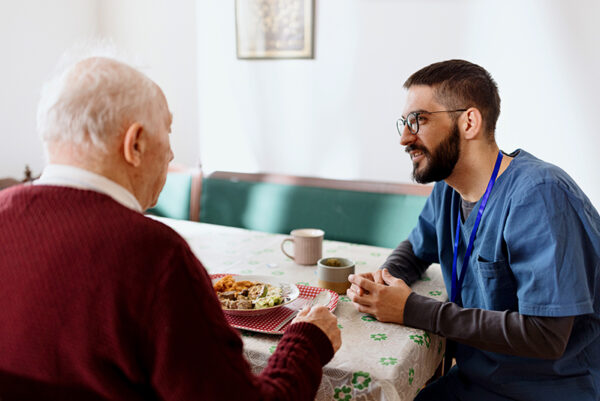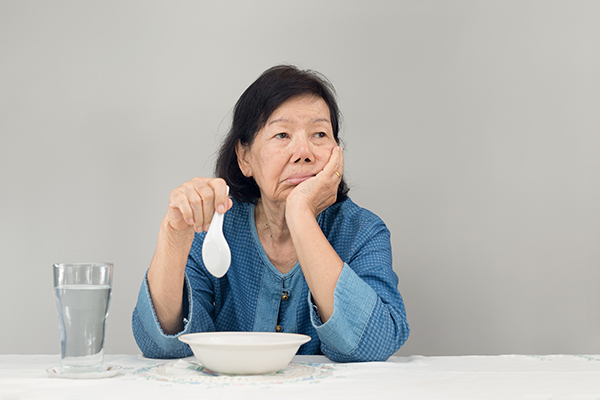How to Help with Loss of Appetite in Elderly Family Members
After the indulgence of the holiday season, many of us decide to cut back on our calorie consumption. But when an older adult refuses to eat altogether, or is making unbalanced or unhealthy dietary choices, it’s important to determine the cause behind this behavior, and to know how to help them get on track with…




